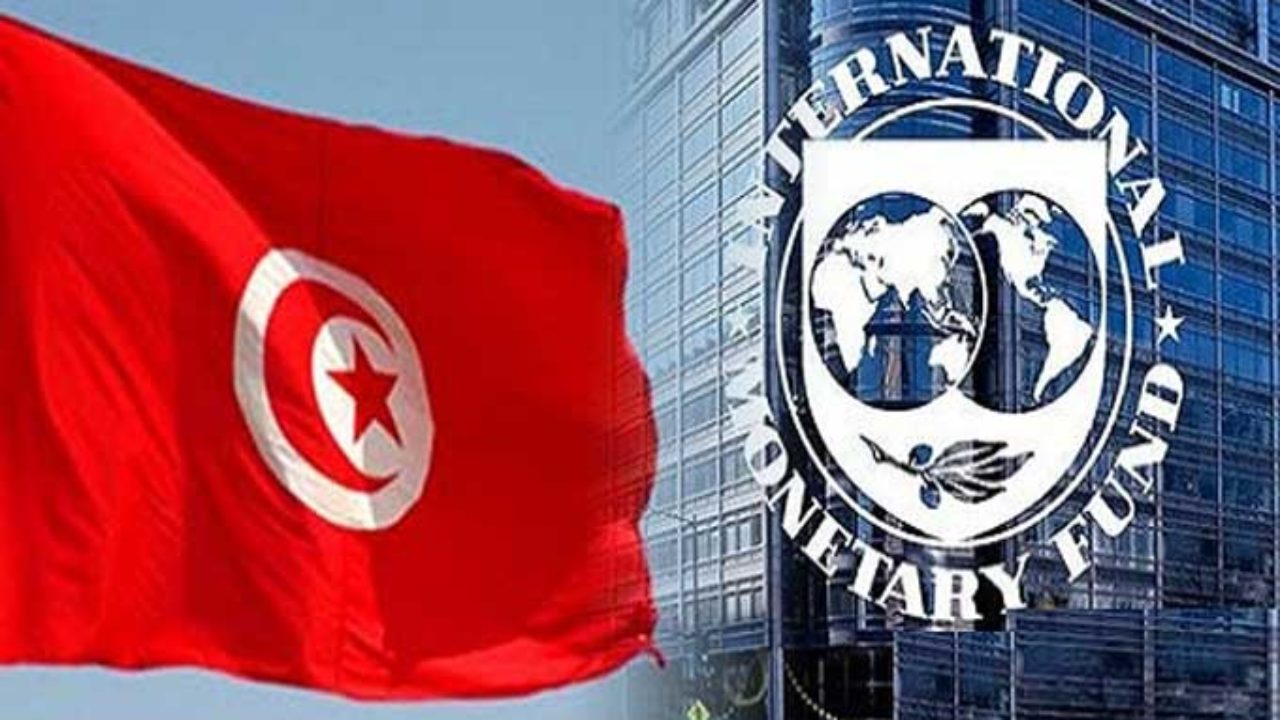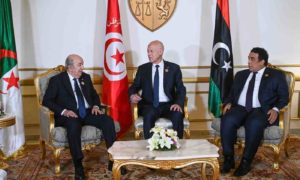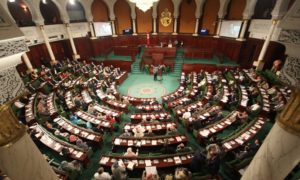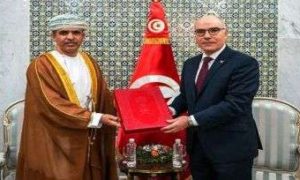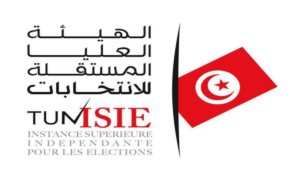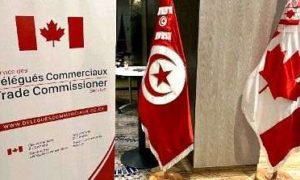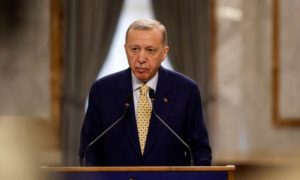The International Monetary Fund (IMF) transmitted Tunisia many recommendations on Friday January 22, 2021 in order to decrease the budget deficit.
At the conclusion of a remote mission conducted, from December 9 to 18, 2020 and from January 4 to 13, 2021, by an IMF team, as portion of the 2020 deliberation under Article IV with Tunisia , the IMF expects that the budget deficit enlarged in 2020, to reach 11.5% of GDP, in particular due to the drop in revenues, a higher wage bill and additional transfers to public enterprises.
Save lives and stable livelihoods
According to Chris Geiregat who led the team for this mission, the IMF and the Tunisian authorities have agreed that the nation is currently suffering the double challenge of saving lives and securing the means of subsistence for the population, till the decline of the Covid-19 pandemic.
In this context, the IMF foresees GDP growth to bounceto 3.8% in 2021, as the impactsof the pandemic begin to fade, warning of the risks of a mahor drop around this baseline projection, given the uncertainty about the duration and intensity of the pandemic and vaccination.
Tunisia could accuse a budget deficit of over 9% of GDP
The first recommendation is to prioritize spending on health and social protection, while commanding the wage bill, badly targeted energy subsidies and transfers to public enterprises, failing which, the country could run a budget deficit of more than 9%. of GDP.
Engage in a “credible” reform plan, to reduce public debt
The second recommendation is the obligation to launch a “credible” reformation plan to decrease public debt. A plan, which according to Chris Geiregat, must profit from a broad consensus, and is anticipated to cover the wage bill of the public service, “currently among the highest in the world”.
Establish tax fairness and fight against the informal sector
“This agreement could provide a answer to the role of public enterprises in the economy, aid the implementation of reforms to combat corruption and enhance the business climate, establish tax fairness and fight against the informal sector”, he stresses.
Classify public enterprises according to their financial viability
The IMF further urges Tunisia to adopt a medium-term reform plan that enables “to classify public enterprises according to their financial viability, their strategic significance and the nature of their activities, in addition to growing their governance and improving their transparency ”.
Avoid resorting to internal financing
On the other hand, the IMF “urges the administration to avoid resorting to domestic financing, as it risks cutting out the gains made in terms of reducing inflation, undermining the exchange rate and the international currency reserves. and undermine financial stability ”.
What's happening in Tunisia?
Subscribe to our Youtube channel for updates.



